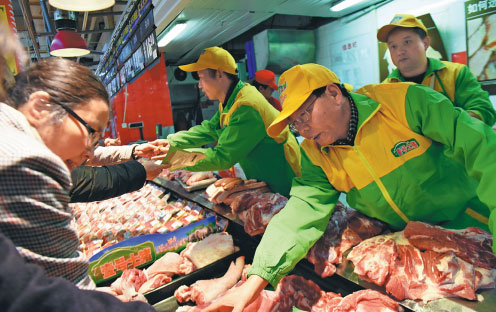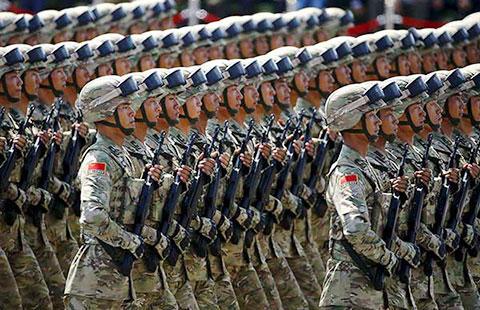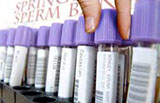Consumers have no beef with meat
By Shan Juan (China Daily) Updated: 2016-01-08 07:56
|
Lu Buxuan (right), founder of a pork retail chain, promotes products at a supermarket in Hangzhou, Zhejiang province, on Wednesday. The chain has more than 1,000 stores in major cities, and sells the meat from 300,000 pigs each year. Last year, its sales revenue exceeded 1 billion yuan ($150 million). Long Wei / for China Daily |
China's meat sector was rocked when a report claimed consumption of red and processed meats increased the risk of cancer. Having overcome the scare, manufacturers are now gearing up to raise production. Shan Juan reports.
China is the world's biggest consumer of pork - accounting for about half of global consumption every year - and processed meats. So, when the World Health Organization's International Agency for Research on Cancer published a report that suggested consumption of red and processed meats could be a contributory factor in cancer, especially colorectal, the nation's meat-processing industry expressed dismay and prepared for the worst.
However, despite the industry's worst fears, the impact of the IARC report appears to have been short-lived.
An employee in the sales department of Yurun Group, one of China's biggest meat suppliers, in Nanjing, Jiangsu province, said overall sales of the company's meat products, mostly the processed variety, haven't shown any signs of long-term decline, despite Yurun's stock price plunging by almost 3.5 percent in the immediate wake of the report.
Wang Chuanxi, who sells processed meat at a Carrefour supermarket in northeast Beijing, said that initially sales of bacon and sausages were affected by the report, "the number of customers still dropped by at least 50 percent in the first few days after publication." So the supermarket responded by offering discounts - such as reducing the price of 1 kilogram packets of bacon by 20 yuan ($3) - and other promotions to lure customers back. Although sales later recovered, they have still not returned to pre-report levels.
The term "red meat" refers to fresh beef, veal, pork and mutton, while "processed" refers to meats where the flavor has been enriched and shelf life extended through salting, curing, fermentation or smoking and includes both red meat and poultry, such as hot dogs, sausages, corned beef and chicken.
The IARC report, published in October, said consumption of red meat is probably carcinogenic for humans, and classified the level of risk as Group 2A. Meanwhile, processed meat was deemed as carcinogenic and designated as Group 1, the same classification as smoking and excessive alcohol consumption.
Kurt Straif, a program director at the IARC, said the risk is small, but significant. "For an individual, the risk of developing colorectal cancer because of their consumption of processed meat remains small, but this risk increases with the amount of meat eaten," he said.
- Efforts to be stepped up to reduce overcapacity
- Senior Chinese leader urges continued anti-graft efforts
- Xi stresses 'green development' along Yangtze River
- Court museum open free to public
- From pension to GDP: the Government's New Year Resolutions
- Inspection team shifts to high gear, grills Hebei's top leaders
- Public-interest lawsuit plan tested
- Leaders point the way for social change
- Li Keqiang meets British foreign secretary
- Second test flights performed at Nansha Islands








